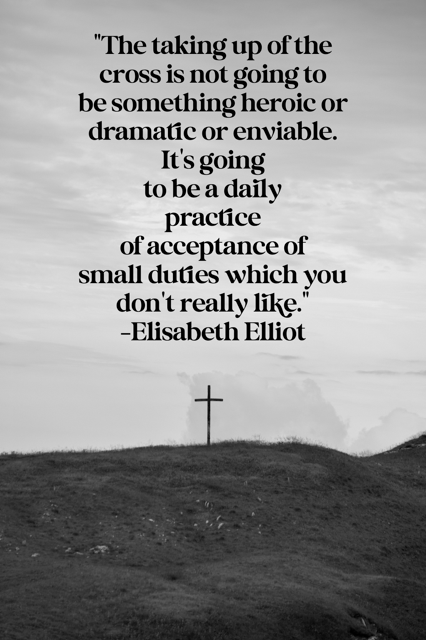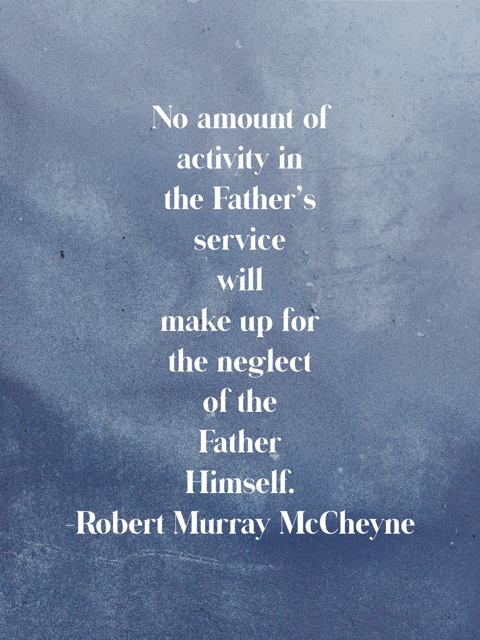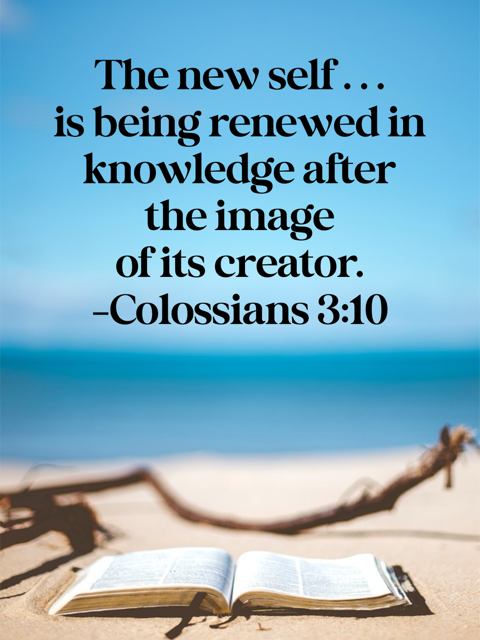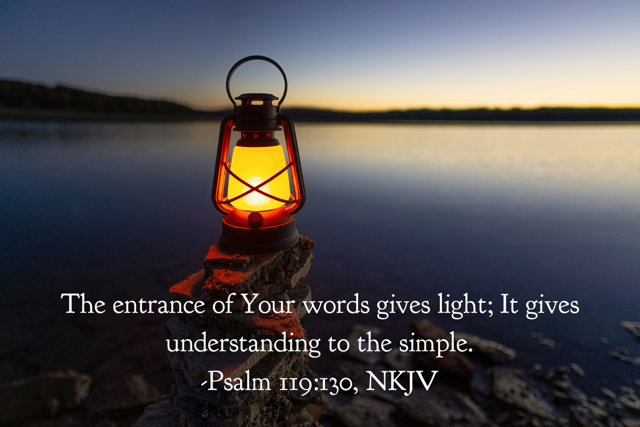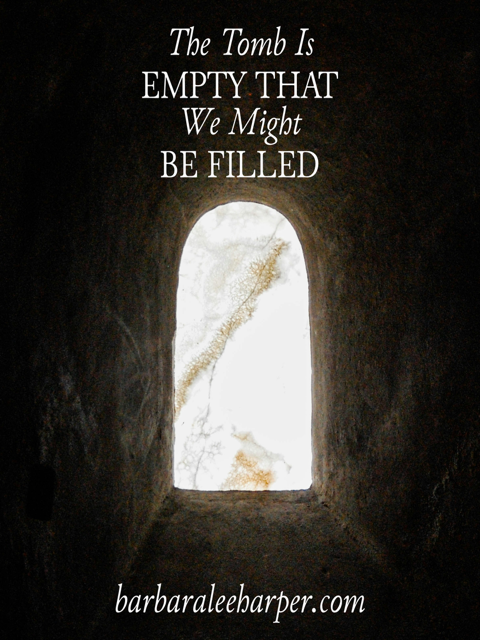“Do you get huffy with God?”
I had just turned on the radio as I came into the kitchen and heard these words via Elisabeth Elliot’s radio program.
I shifted uncomfortably.
In my more logical moments, I’d say, well, not with Him. With frustrating circumstances, maybe. Yes, that’s it: it’s more like frustration when something happens that He could have prevented.
But in all honesty, I’d have to confess that, in trying moments, sometimes that initial flare-up is directed toward God, followed by much self-chastisement and thought correction.
You know the kind of moments I’m talking about . . .
When you’re running late getting ready for church and drip toothpaste down your front.
When you’re stirring red sauce (why is it always the red sauce?) and some sloshes over onto the stove, floor, and you.
When the computer glitches just before you finish your last task of the day.
When timing matters and you hit every red light on the way to your destination.
When the shortest check-out line contains a customer with a time-consuming problem.
When a much-planned and -prayed for event at church has to be canceled due to bad weather.
When you can’t fall asleep on a Saturday night and you struggle to stay awake in Sunday services.
What’s frustrating about so many of these things is that God could have prevented them. He created the universe and holds it together. He led Israel through the Red Sea on dry ground. Couldn’t He have kept the rain at bay until after the special event? Couldn’t He help us sleep just as well on Saturday nights as any other?
Of course He could. But He doesn’t always.
Some of these situations are our own fault. Toothpaste dribbles and sloshed sauce could be avoided if I were more careful. Red lights wouldn’t make me late if I allowed extra time for travel.
Some irritations come from living in a fallen world. God “makes his sun rise on the evil and on the good, and sends rain on the just and on the unjust” (Matthew 5:45). We all get some of God’s blessings, like air to breathe, sunshine, and needed rain. But we all also have to deal with the thorns of life that begin with the fall of mankind.
We also have an enemy of God and of our souls who tries to disrupt God’s work and disturb our peace. God could thwart or restrain the devil at any given moment, but sometimes He doesn’t.
Even though God could, and often does, intervene in these situations, many times He doesn’t. He has a higher purpose in mind.
I found Elisabeth’s radio program on BBN’s site and tried to transcribe a few paragraphs (1).
Do you get huffy with God? Do you just get mad at the world in general? You think maybe God doesn’t have anything to do with this, but you just get peeved, put out.
I think of the words of the Orthodox morning prayer: “In unforeseen events let me not forget that all are sent by you.”
Would God send such a picky little thing as no first class seats, no air conditioning, no choice of meal [situations she had mentioned earlier in the program]?
You really want to know what I think? I think He does. I know He does send such things to me because God is working on shaping in me the image of Christ.
Now, how am I going to learn acceptance, humility, and contentment if my acceptance, humility, and contentment depend on the way I think things are supposed to be going?
She goes on to define contentment as “positive acceptance of conditions we can’t change.”
She quotes Ephesians 3:20, which says God “is able to do far more abundantly than all that we ask or think, according to the power at work within us.” Some translations say “more than we can imagine.” Our imagination likes to focus on deliverance and everything going just like we want. But God’s version of doing something above our imagination might be not changing the situation, but using it to develop in us patience and Christlikeness.
“But the fruit of the Spirit is love, joy, peace, longsuffering, gentleness, goodness, faith, meekness, temperance” (Galatians 5:22-23).
Even in a slow check-out lane or on the highway when someone cuts us off.
It seems easier to trust God with the big trials of life—maybe because they are larger than us or our capacity to handle them. We can’t do anything but entrust Him with them.
But we feel like we should be able to handle the little things. I like what Amy Carmichael once wrote:
The hardest thing is to keep cheerful (and loving) under little things that come from uncongenial surroundings, the very insignificance of which adds to their power to annoy, because they must be wrestled with, and overcome, as in the case of larger hurts. Some disagreeable habit in one to whom we may owe respect and duty, and which is a constant irritation of our sense of the fitness of things, may demand of us a greater moral force to keep the spirit serene than an absolute wrong committed against us (2).
Those little irritations reveal our flesh to us: our sense of entitlement, our selfishness, our impatience. They show us that we need God’s grace and help for everyday frustrations as we do for everything else.
Thank God there is forgiveness with Him, His mercies are new every morning. If we confess our sin, He is faithful and just to forgive us our sin and to cleanse us from all unrighteousness (1 John 1:9).
God invites us to “with confidence draw near to the throne of grace, that we may receive mercy and find grace to help in time of need.” (Hebrews 4:16).
Maintaining time in the Word so He can speak to me through it, yielding to His control throughout the day, memorizing verses in the areas I am having trouble with, sending out a quick prayer for help when I feel that agitation and frustration building up will all help in gaining the victory.
__________
(1) BBN Radio keeps the recordings for Elisabeth’s programs up on their website for the week they aired. Some of them are also on the Elisabeth Elliot site, but I couldn’t find this one. BBN lists this program title as “More Questions and Answers (A Simpler Life- Power of Christ #10.” It aired April 11.
(2) Houghton, Frank. Amy Carmichael of Dohnavur. (Fort Washington, PA: Christian Literature Crusade, 1983), 86-87.
(Parts of this post have been revised from the archives.)
(I often link up with some of these bloggers.)




